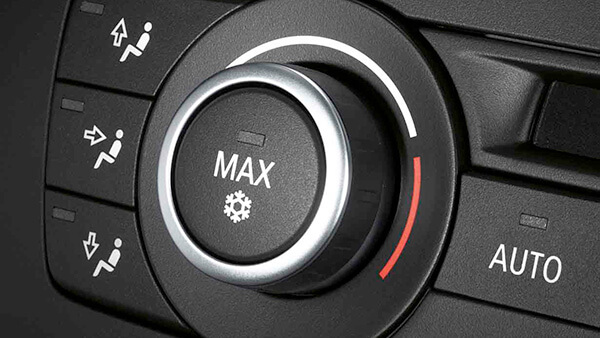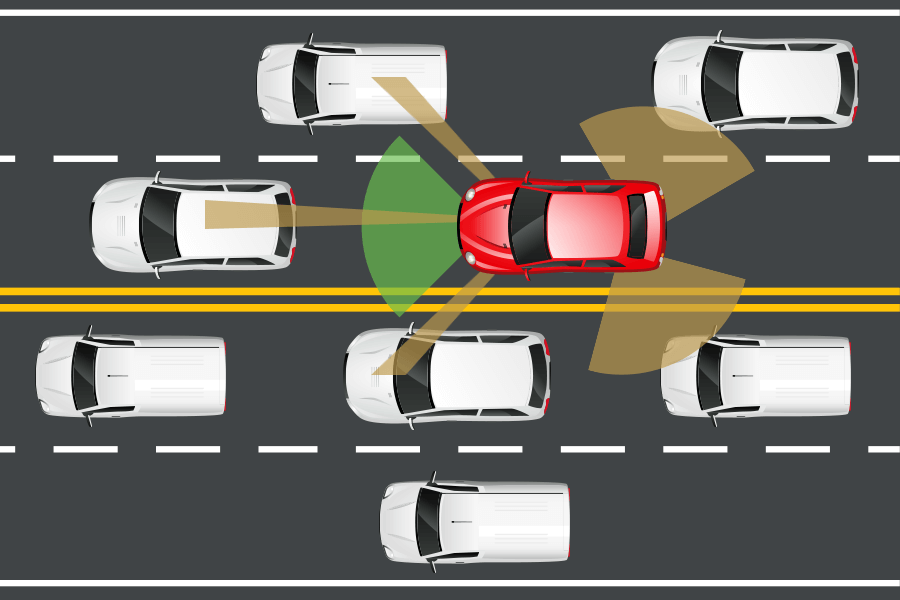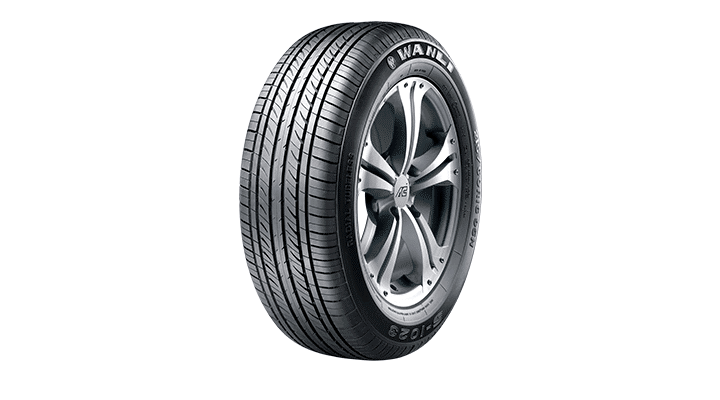Updated on 2024/03/21– Whether to continue repairing an old car or just buy a new one – that’s every car owner’s dilemma. The smartest way to solve such a puzzle is to have the financial wisdom to know when it’s time to replace your old car.
The trouble is, even seasoned car owners find it tough to be wise when faced with the repair old versus buy new dilemma. They say that there a fine line between being a practical person and being a penny-pincher. So let’s review some of the factors that you should consider when deciding for or against, a repair or a replacement.
Budget
Every decision you make should be based on your budget, and not your mind or heart. Think about whether you find it hard to pay for expensive repairs on your old car, and whether you could afford a new car down payment instead.
You also have to consider the fact that even a new car could have unexpected expenses, such as vehicle registration taxes, a monthly bill, and higher insurance costs. The difference between planned expense of a few thousands and the unplanned expense of hundreds of dollars could hit you hard. So if you think that you can fit a new car into your budget at the rate of maintenance of your old car, then it’s time to trade up!
Remember a new car will lose some serious value the moment you drive it off the lot. It will lose about 20% in fact, and this does not matter who you are or what type of car it is. You do not have to worry about an older car or a used car receiving that type of financial treatment.
New cars smell nice and everyone in your neighborhood will give you some respect. There could even be some envy. Things change when you have a new car. You may have to purchase an alarm system to protect your new motorized baby. But with a new car, you may not have to see your mechanic for over a year or so, and hopefully very few times after that.
How Much Are You Paying in Repairs and Maintenance?
The first and perhaps most important question you should ask yourself is how much you spend on routine repairs and regular maintenance. Even a few hundred dollars in regular repairs and maintenance every other month turns out less than paying for a new car installment (well some of them at least).
In the situation in which you’re looking to save on routine maintenance, the best way would be to start doing what you can yourself. You can manage oil changes, tire rotation, oil filter changes, and other simple maintenance activities by yourself, saving you the cost of paying a professional to do it. Learn simple vehicle troubleshooting and maintenance skills. That being said, it’s always best to find a trusted and solid mechanic to get the job done when there is an issue with the engine, and even more so when you’re not comfortable handling such high impact issues on your own. And how many people are?!
Market Value.
In the decision between repairing and buying a new car, you would almost always want to replace your old car, unless there was some kind of deep emotional attached. So, another aspect you should take into consideration is the current market value of your car.
If your car has a high selling price along with maintenance and repair being costly, the repair route isn’t the best option. If you’re unsure of the market value of your car, there are a number of online agencies and car dealerships that will give you a quick market estimate. You can usually strike a decent deal if you’re looking to have your car sold for cash.
Peace of Mind
While a new car will eliminate the need of visiting your mechanic as much (you would hope!), an older model from a higher quality brand than that of your current car may eventually last longer than any new car you are contemplating. The bottom line is that dependability, reliability, and costs are the most important things that you should consider between repairing and replacing.




